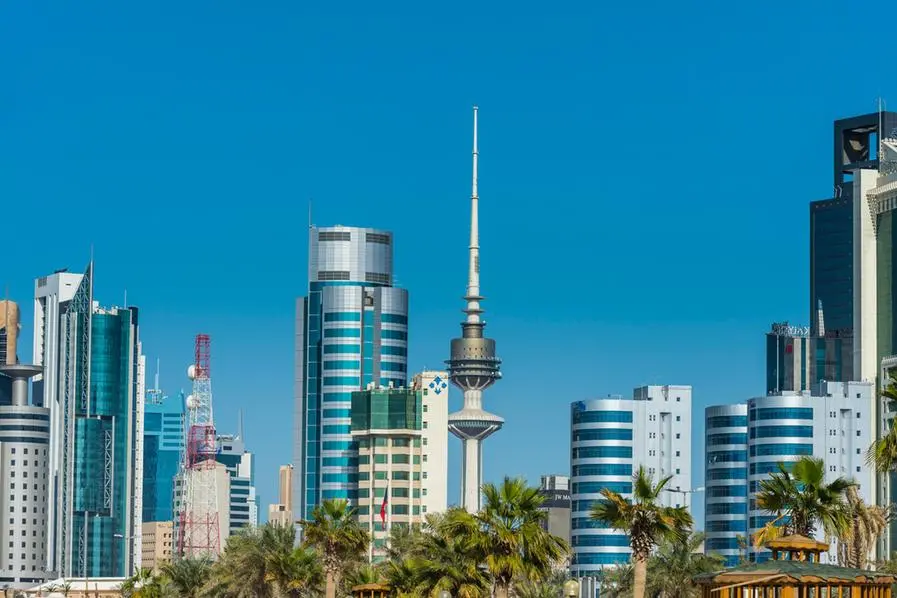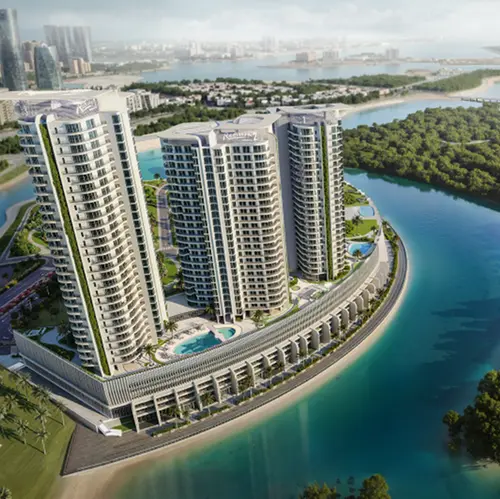PHOTO
Real estate sales in Kuwait soared to hit a two-year high for the second quarter helped by sizeable one-off deals across the main three segments - commercial, investment and residential, according to the National Bank of Kuwait.
The underlying picture remains softer, highlighted by continued weakness in the residential segment, while prices also appear to have edged lower, it stated.
Still, excluding one-offs, overall sales activity has stayed in a fairly narrow range for several quarters, pointing to a degree of market stability. We still expect improving economic conditions and potentially lower interest rates to lift the market in 2025, it added.
Meanwhile, plot distributions under the government’s housing programme reached above 5,000 in H1 by its estimates, but the backlog of applications still edged up to more than 97,000. Addressing the housing shortage is set to be a key focus of the new government.
The level of overall sales rose 22% q/q in Q2 to KD853 million. Without the outlying sales in the commercial, investment, and residential segments, we estimate that sales would have been broadly flat versus Q1. We also note that seasonal factors, including the Eid Al Fitr and Eid Al Adha holidays, may have weighed slightly on activity during the quarter.
Residential sales dropped -4.7% q-o-q to KD337 million, following minimal growth in Q1 and just below the 2023 quarterly average.
However, residential sales were also supported by one large land sale in Mubarak Al Kabeer governorate (Al Fnaitees) of KD32 million, stated NBK in its report.
Excluding this, the residential segment would see a sharper fall of -13.7% q/q, confirming the prevailing low sentiment and demand weakness factors including high costs of financing, the potential for global interest rates to remain higher for longer and stillelevated valuations within this segment.
At the same time, the investment segment registered its first quarterly decline since Q2 2023 of -3.7% to KD223 million, despite a large building sale in Al-Salmiya of KD22 million.
The number of transactions in the sector also remained historically low. Data from the consumer price index show that inflation of actual rents softened to 1.4% y/y in May from the multi-year high of 3.2% in August 2023 and below the rate of inflation overall, providing for modest growth in rental receipts.
A recent loosening of visa regulations (including removing the bachelor’s degree requirement to apply for a family visa albeit with income requirements) should offer some incremental support for apartment sector demand going forward.
In contrast to the other segments, sales in the commercial sector jumped during Q2 (see table 1) to a record high at KD294 million. Some 46% of commercial sales by value were in Al-Salmiya (four building sale deals worth KD71 million) and Sabah Al-Ahmad coastal area (ten plot sale deals worth KD64 million).
According to NBK, the increase in large plot deals in the Sabah Al Ahmad coastal area over the past few quarters could be related to the lower prices per sq m compared to the inner areas. Meanwhile, growth in credit to the real estate sector (ex-housing loans) had picked up to 4.3% y/y as of May and its best since end-2022.
While not strong by historical standards, it does point to broad market sentiment potentially ticking up.
NBK said its overall real estate price index, which is estimated from Ministry of Justice transactions data, declined for the third consecutive quarter, by -3.2% q/q in Q2 from -2.1% in Q1 mainly driven by the -7% q/q dip in the investment segment index on lower building prices, while the residential index partially offset this by being unchanged in Q2.
In year-on-year terms, overall real estate prices declined -3.9% in Q2 (-1.2% y/y in Q1), with falls across both the investment and residential segments.
Copyright 2024 Al Hilal Publishing and Marketing Group Provided by SyndiGate Media Inc. (Syndigate.info).





















